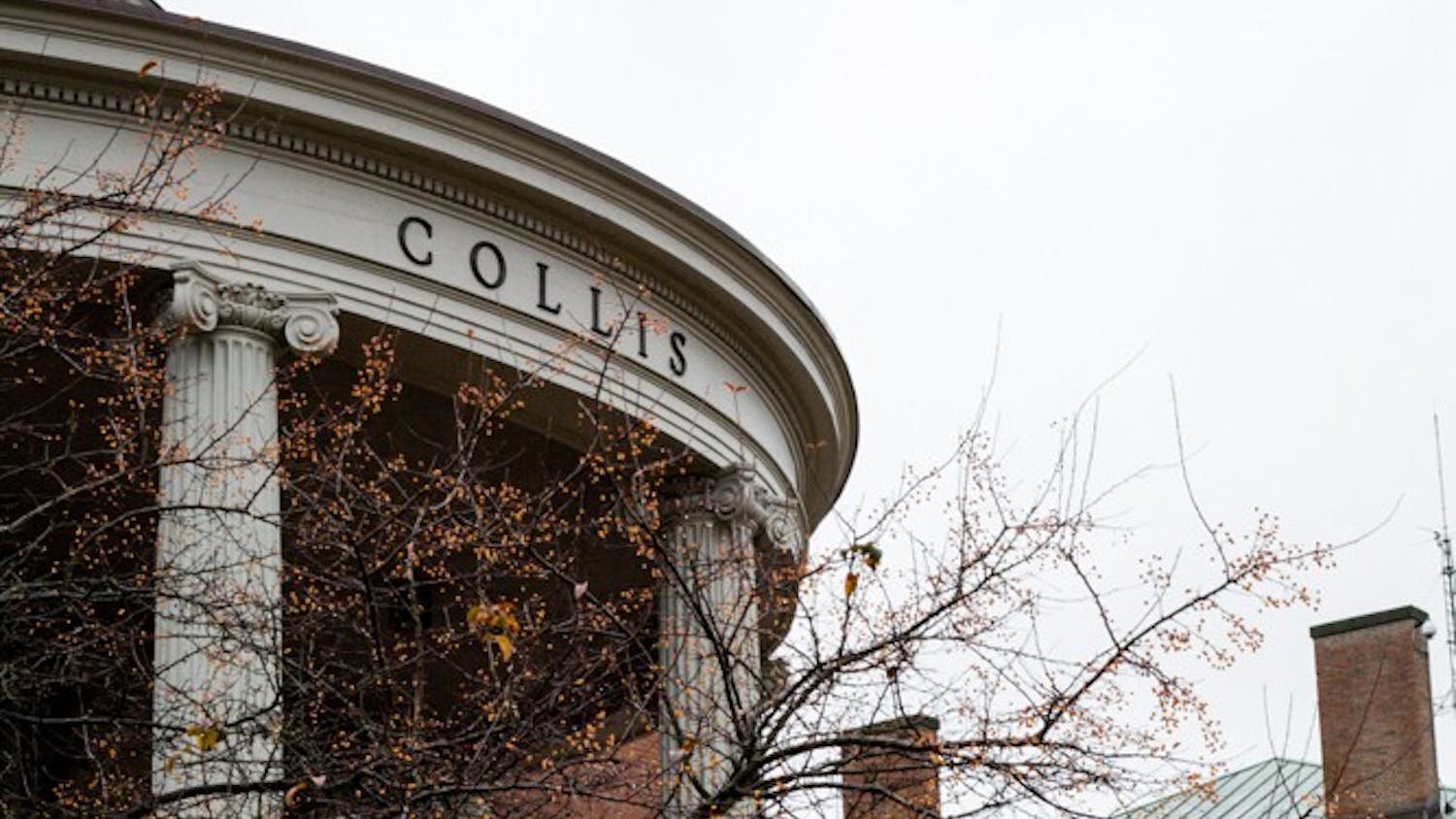Just over 600 miles northeast of Blacksburg, Va., Dartmouth and Hanover officials have reacted with a mix of sympathy and introspection to the tragedy that fell upon Virginia Tech's campus. Last Monday's 33 deaths have led Safety and Security and Hanover Police to contemplate the College's security structure, a review that has highlighted a number of strengths and weaknesses and may prompt certain adjustments.
The most prominent potential change regards Hanover Police's access to the College's dormitories. Current policy prohibits police officers from entering Dartmouth dorms without Safety and Security letting them in, but the matter is currently a topic of discussion with Dartmouth officials.
"It's a policy that we are reviewing and working closely with the town of Hanover on," interim Dean of the College Dan Nelson said. "Our current policy in practice reflects our best attempt to on the one hand safeguard the community safety by allowing and facilitating the police very quick access to resident halls in emergency situations, and balancing that on the other hand with the concerns of students who live in private residential communities."
Although College Proctor Harry Kinne explained that Safety and Security can electronically unlock any door on campus with a number of keystrokes from headquarters, Hanover Police Chief Nicholas Giaccone said the current system does not and would not function well during emergency situations. Just this past Saturday it took four minutes, Giaccone said, for an officer to enter a dorm.
"If there is a close foot pursuit, an officer would be interrupted if the student got into a dorm and would lose sight of him," Giaccone said. "There are so many new dorms on campus -- some have names that are prominent, some do not. In the haste of things an officer might not be aware of the name of the building he is trying to get into."
Giaccone further explained that if an emergency were to overtake the campus, Safety and Security would be so overwhelmed that opening a door would not necessarily be the first priority.
"It comes down to are we worried about privacy or safety," Giaccone said. "What's more important?"
In a campus-wide e-mail, College President James Wright outlined the systems in place at Dartmouth to respond to a crisis. Wright explained that there is always a senior-officer-in-charge responsible for coordinating efforts. Numerous means of communication allow campus officials to quickly disseminate information. Wright also emphasized the strong student support network available at the College.
A hypothetical emergency spotlights a few of the disadvantages Dartmouth faces because of its small-town location.
"The resources in town on any given day can be as few as two officers and as many as six to eight -- including the command staff," Giaccone said. "Immediate backup would come from surrounding communities ... [but] we don't have the luxury of waiting for a SWAT team. The officers have to prepare as teams of two or four and enter into the area where shots are being fired."
Giaccone said it would take approximately one hour for the Essential New Hampshire Special Operations Unit to arrive on campus. The unit is made up of about 30 officers from the general area, four of whom are from Hanover, who train for a wide array of scenarios. Hanover Police do have training, albeit not extensive training, to respond to events like those that occurred at Virginia Tech.
Regardless of training, the first 10 to 15 minutes of a crisis situation would be "total chaos," according to Giaccone. He explained that the dispatch center, which is usually staffed by two people, would be overwhelmed, as would the cellular phone system.
Although authorities may view Hanover's small size as a disadvantage from an organizational point of view, the campus' close vicinity to Hanover Police is beneficial.
"One of the advantages we have is that Hanover [Police] is very familiar with the campus," Kinne said. "Law enforcement in an urban area probably are not as familiar with a specific campus because of the size of a city."
Kinne said that Safety and Security and Hanover Police work well together. In case of a violent emergency, Kinne explained that Safety and Security's role is more auxiliary than central.
"We have a defined role," he said. "Hanover Police are the first responder to a weapons call. Our action would definitely be in support of them."Giaccone said that this type of violence usually ends with the perpetrator taking his own life.
"They know eventually the police will get them, but there will obviously be a lot of collateral damage," Giaccone said. "That's the reality of it, no matter where the location is."



